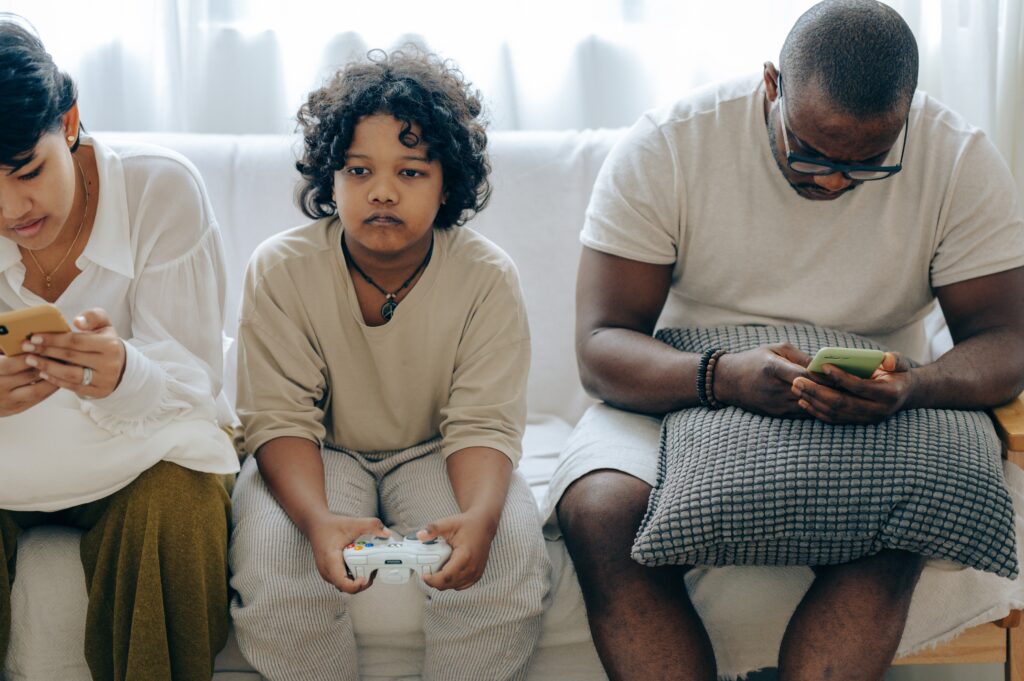Photo by Vanessa Loring/Pexels.com
As technology continues to advance, it is no surprise that kids are getting more involved in video games.
While there are benefits to gaming such as hand-eye coordination and problem-solving skills, it is important to manage your kid’s gaming behaviour to ensure it is not negatively impacting their health, education and social life.
Here are 9 steps to help you manage your kid’s gaming behaviour:
Step 1: Establish Clear Rules
The first step to managing your kid’s gaming behaviour is to establish clear rules about when and how long they can play video games.
Set limits on the number of hours per day and ensure they are not playing during meals or study time.
You can also limit the types of games they can play and the devices they can use.
Step 2: Encourage Alternative Activities

It’s important to encourage your kids to engage in other activities besides gaming.
Encourage them to participate in sports, outdoor activities, or hobbies that interest them.
By providing alternatives, you can help your kids develop a more balanced lifestyle.
Step 3: Communicate With Your Kid
Talk to your kids about the importance of limiting screen time and why it’s important to have a balance in their activities.
Encourage them to take breaks during gaming sessions and to spend time with family and friends.

Step 4: Monitor Their Gaming Behaviour
Monitor your kid’s gaming behaviour to ensure they are following the rules you have established.
Keep an eye on the amount of time they spend playing games, the types of games they play, and who they are playing with.
Step 5: Parental Controls
Most devices and gaming systems come with parental controls that allow you to set limits on screen time and restrict access to certain games or content.
Use these controls to help manage your kid’s gaming behaviour.
Step 6: Set A Good Example

Kids often model their behaviour after their parents, so it’s important to set a good example.
Limit your own screen time and engage in other activities besides gaming.
Spend quality time with your kids and encourage them to do the same with their friends and family.
Step 7: Encourage Social Interaction
Encourage your kid to play games with their friends in person or online.
This will help them develop social skills and make new friends.

Step 8: Stay Informed
Stay informed about the games your kids are playing and their online interactions.
Keep an eye on the types of games they are playing and who they are playing with. If you notice any concerning behaviour, address it immediately.
Step 9: Seek Professional Help If Needed
If you are concerned about your kid’s gaming behaviour and have tried to manage it without success, seek professional help.
A mental health professional can help you develop a plan to manage your kid’s gaming behaviour and address any underlying issues that may be contributing to their gaming behaviour.
Managing your kid’s gaming behaviour requires a combination of clear rules, open communication, and parental supervision.

By following these 9 steps, you can help your kid develop a healthy relationship with video games while ensuring they have a balanced lifestyle.
Remember to set a good example, encourage alternative activities, and seek professional help if needed.
Leave a comment below if you found this helpful and share with those your think will find value this in this post




